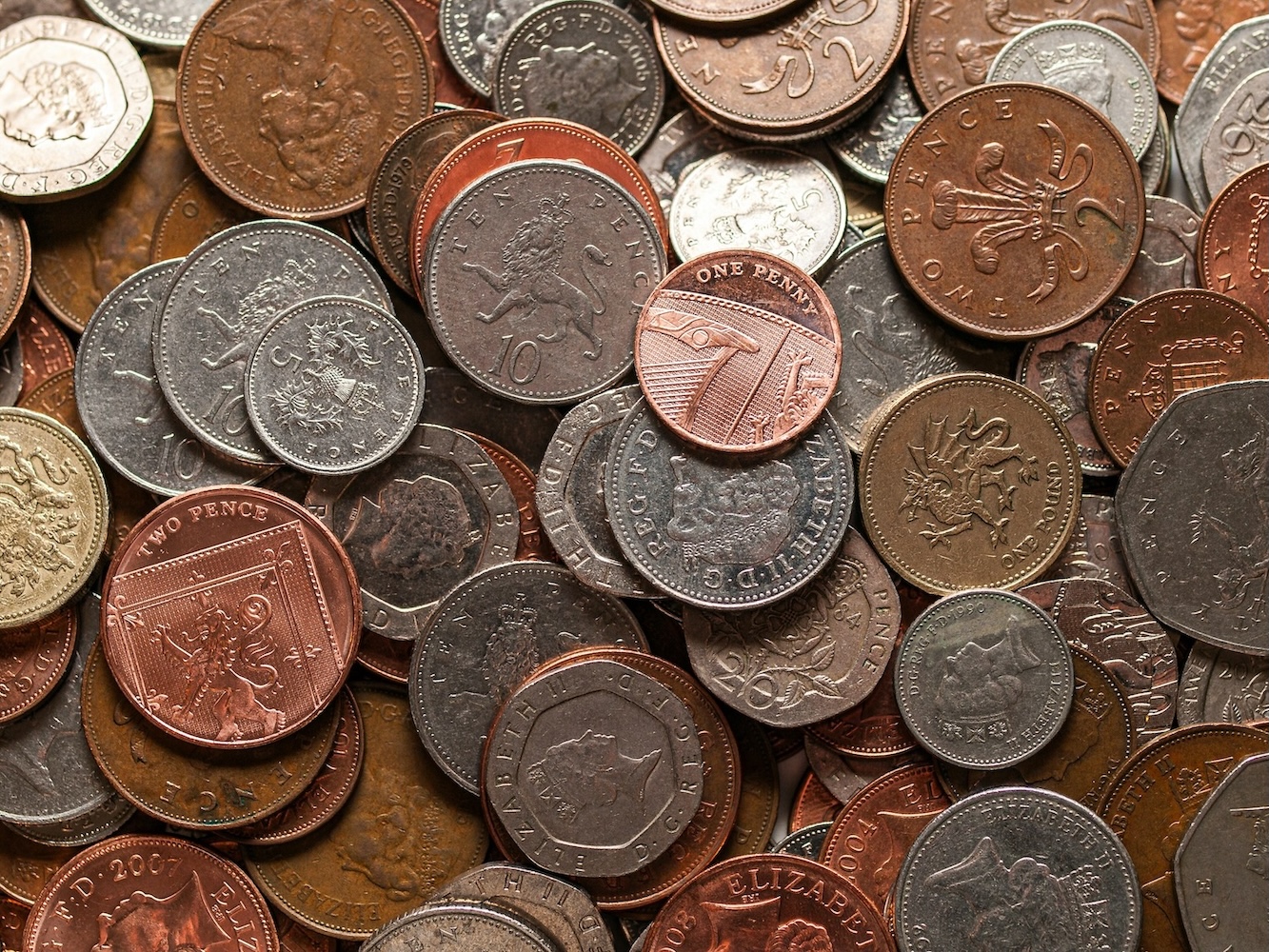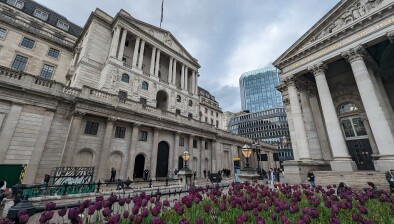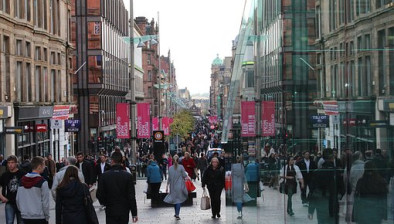Surprise inflation spike to 3.5% puts BoE rate cut plans in doubt

UK inflation jumped more sharply than anticipated during April, reaching 3.5% – its highest level in over a year.
The Office for National Statistics (ONS) reported that the surge in the consumer prices index (CPI) for April was largely driven by dramatic increases in regulated household costs, including water bills, energy prices, and council tax.
This rise follows a decline in the inflation rate to 2.6% in March. An ONS spokesperson noted that gas and electricity bills rose “compared with sharp falls at the same time last year due to changes to the Ofgem energy price cap”. Furthermore, water and sewerage bills recorded their fastest increase since privatisation, climbing by 26.1%, while vehicle excise duty also saw a significant jump.
Businesses also faced mounting cost pressures from increased employer National Insurance contributions and a rise in the national minimum wage, some of which are likely being passed on to consumers. City analysts had forecast a more modest rise to 3.3%, while the Bank of England had anticipated a rate of 3.4%.
The unexpected strength of inflation, particularly in services, is likely to make the Bank of England more cautious about implementing faster or deeper interest rate cuts. Luke Bartholomew, deputy chief economist at Aberdeen, commented that this “will reinforce the concerns voiced by BoE chief economist Huw Pill that underlying inflation pressures are sticky”.
While the jump to 3.5% represents the highest monthly rise (0.9%) since October 2022, Professor Joe Nellis, economic adviser at MHA, said that the Bank “should not panic”, as the current rate remains far below the 11.1% peak seen then. He attributed the surge to a combination of regulated price increases and high earnings growth due to a tight labour market.
Kevin Brown, savings expert at Scottish Friendly, described the inflation spike as “a hard blow for millions of UK households”, though he suggested the surge “should prove short-lived”, with inflation potentially easing in the latter part of the year. He still anticipates the Monetary Policy Committee will proceed with two further interest rate cuts by the year’s end.
However, Monica George Michail, associate economist at the National Institute of Economic and Social Research, suggested inflation could remain high for several months, leading her to “anticipate just one further interest rate cut this year”.
Despite the inflation shock, Professor Nellis argued that the Bank of England’s priority should be to “reignite the sluggish UK economy” and continue its current rate-cutting strategy, balancing the need to control inflation with fostering economic growth. Households, meanwhile, may need to “grit their teeth through another few months of rising costs”.






